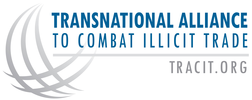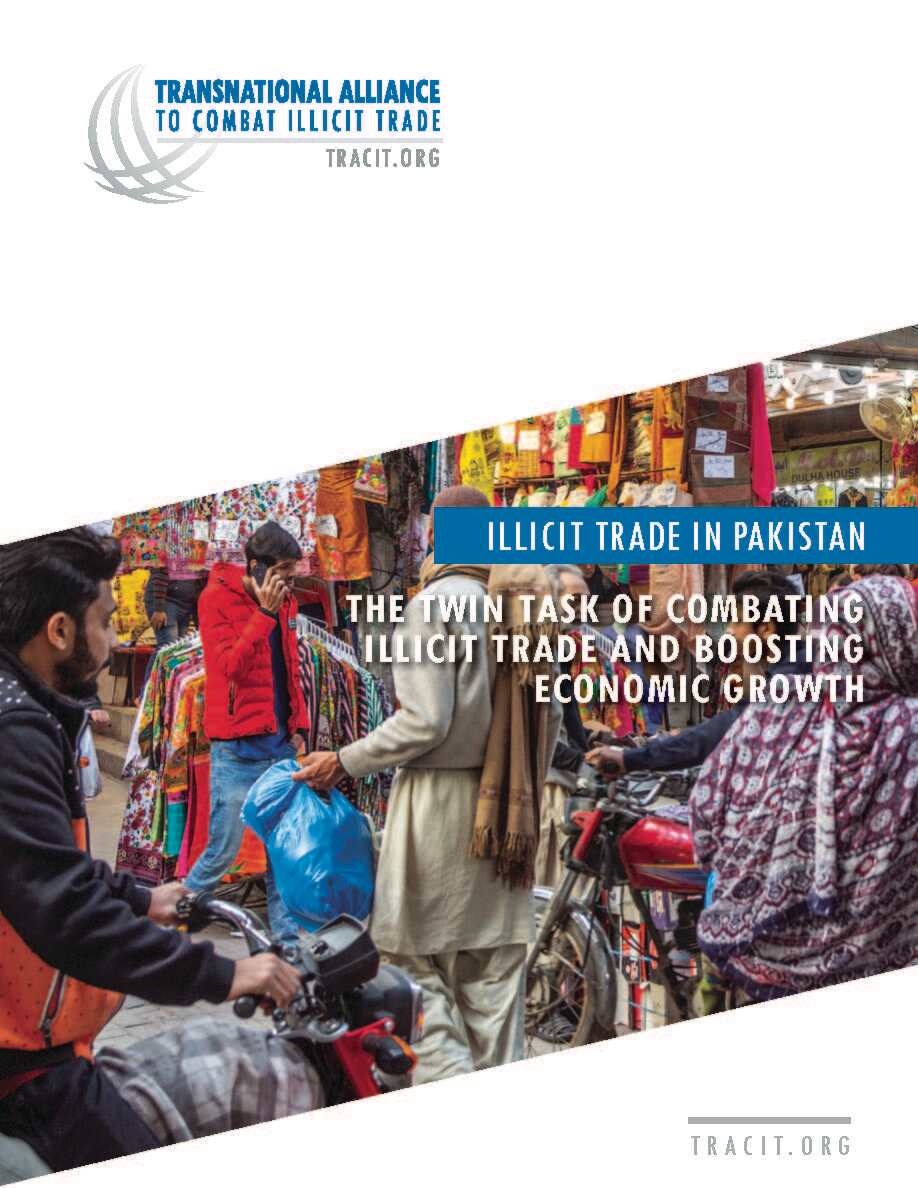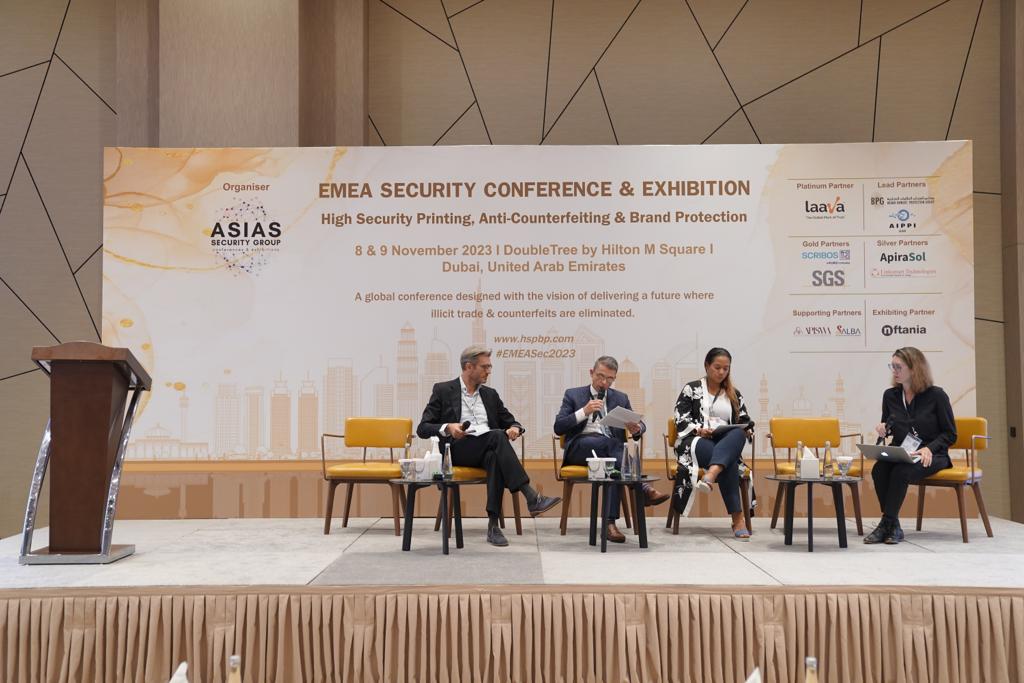Situated at the confluence of South Asia, Central Asia, and the Middle East, Pakistan's strategic location has bestowed upon it a unique role in the global trade landscape, but it has also made the country vulnerable to various forms of illicit trade. From the proliferation of counterfeit products and the clandestine movement of smuggled goods to the shadowy world of illegal wildlife trade and the intricate networks of money laundering, Pakistan grapples with significant challenges in its relentless struggle against these illicit activities.
Publications
|
Illicit Trade in Pakistan: The Twin Task of Combating Illicit Trade and Boosting Economic Growth (November 2023)
Featured Event
Featured Event
|
MEDIA CENTER Supporting materials
|



